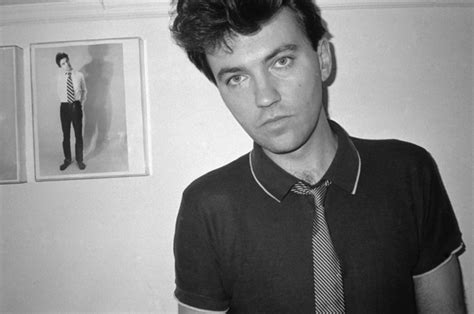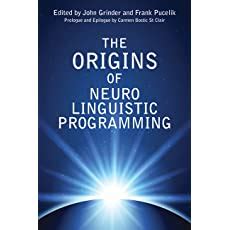Цитата DT Suzuki
Чтобы быть хорошим дзен-буддистом, недостаточно следовать учению его основателя; мы должны испытать опыт Будды.
Темы цитат
Связанные цитаты
Великое достижение дзэн-буддизма и всех его культурных выражений в живописи, чайной церемонии или садах камней — это отказ от более ранних буддийских идей, которые зависели от повествования, — от всех мифологических существ, населяющих буддийскую галактику. Дзен настаивал на том, чтобы реальное находилось в природе.
Когда мы следуем обратному нормальному опыту, мы оказываемся в необычном, почти безумном опыте. Мы не должны бояться оказаться в почти безумном опыте: только в таком опыте мы выбиваемся из наших мнений и убеждений здравого смысла. Это открывает наш разум для других идей и мыслей. Это заставляет нас думать.
Если вы думаете, вы не можете понять Дзен. Все, что можно написать в книге, все, что можно сказать, — все это мышление. . . но если вы читаете с умом, отсекшим всякое мышление, тогда книги дзен, сутры и Библии — вся правда. Таков лай собаки или крик петуха. Все вещи учат вас в каждое мгновение, и эти звуки учат даже лучше, чем книги Дзэн.
































